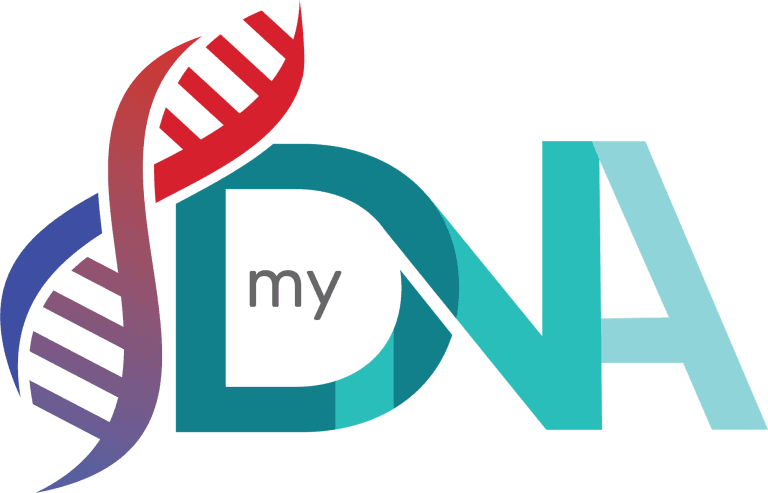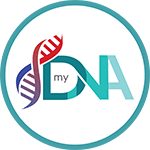Our testing partner’s DNA testing achieves hospital-grade accuracy through advanced technology and rigorous quality standards:
CAP-Accredited Labs:
Your sample is analysed in laboratories certified by the College of American Pathologists (CAP) – the same accreditation standard used by hospitals worldwide.
Cutting-Edge Technology:
We use Illumina’s Next-Generation Sequencing (NGS) technology, specifically their sequencing-by-synthesis (SBS) method. This provides:
- High throughput analysis
- Excellent data accuracy
- Cost-effective processing that we pass on as savings to you
Comprehensive Analysis:
Unlike basic ancestry tests, we analyse genetic markers across 500+ reports covering 274 traits, 198 general diseases, and 30 cancer types – giving you the most complete picture available.
Asian Population Optimised:
Our DNA testing partner, Genoplan, was founded specifically to address the lack of genetic data for Asian populations, complementing the Western counterpart to ensure your results are relevant and accurate for your genetic background.
Continuous Updates:
As genetic research advances, your online reports are dynamically updated with new discoveries and enhanced accuracy – at no additional cost.
Quality Assurance:
The 10-14 day processing time allows for thorough analysis rather than rushed results, ensuring reliability you can trust for important health decisions.

